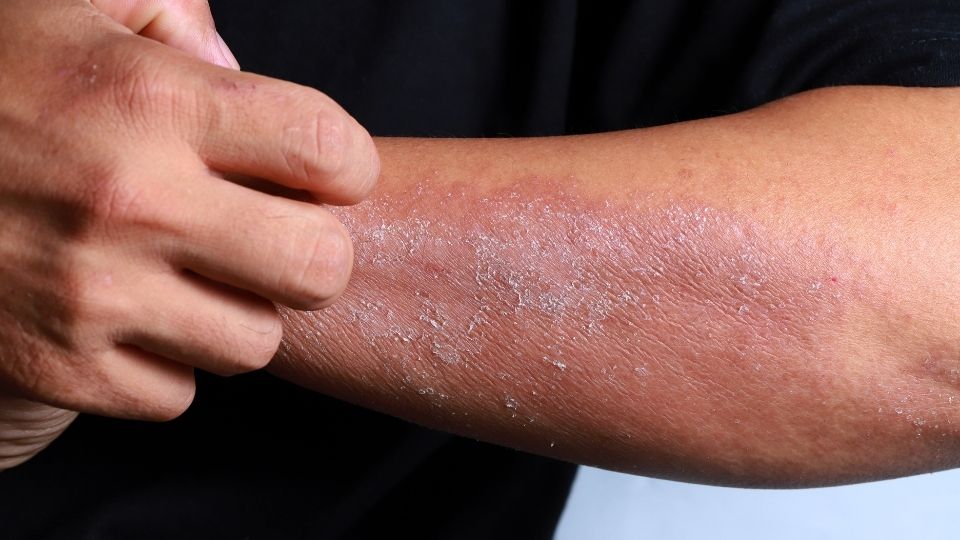Skin is a large and versatile organ that protects our body against external factors and provides our various sensory experiences. Skin diseases include a variety of conditions that affect the health of the skin and can affect areas such as skin, hair, nails and mucous membranes. These diseases usually manifest themselves with symptoms such as skin redness, itching, crusting, rashes, swelling and lesions. Skin diseases are studied and treated in a medical specialty called dermatology.
Types and Symptoms of Skin Diseases
There is a wide range of skin diseases and each has its own symptoms. These include psoriasis, eczema, acne, dermatitis, lichen planus, rosacea, vitiligo, dermatophyte infections, psoriasis, allergic reactions, melanoma, and other skin cancers. The symptoms and severity of these diseases vary depending on the type of disease and the person's general health condition.
Diagnosis and Treatment Methods
Diagnosis of skin diseases is usually made by examining the skin and taking the patient's medical history. In some cases, a skin biopsy or other laboratory tests may be required. Treatment methods vary depending on the type and severity of the disease. These include topical creams, lotions, ointments, oral medications, light therapy, immunomodulatory medications, laser treatments, and surgical interventions. Additionally, lifestyle changes and preventative measures can be taken to relieve symptoms of diseases and prevent recurrence.
Important Developments and Advances
Advances are constantly being made in the field of dermatology. Advanced treatment methods enable effective management of diseases and improve patients' quality of life. Additionally, dermatology research helps us better understand the causes, mechanisms, and treatment options of skin diseases.




